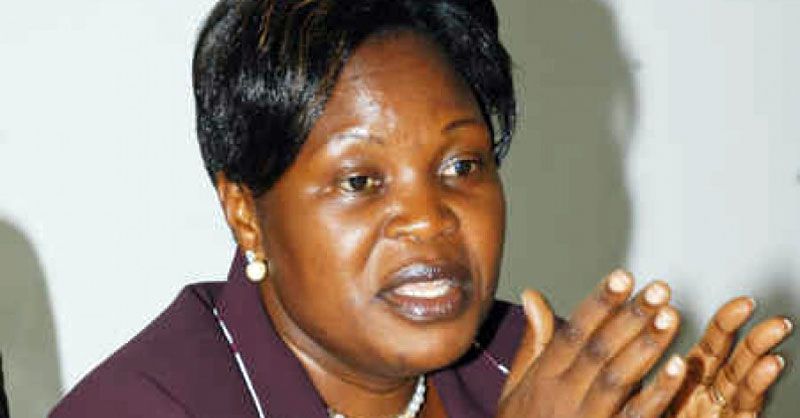
It has emerged that President Yoweri Museveni personally endorsed the plan to exempt Members of Parliament (MPs) from paying taxes on their allowances, even though the President has appeared to distance himself from the unpopular move.
The revelation comes after the President finally, on December 19, assented to the Income Tax Amendment Bill 2016 which exempted allowances of MPs from being taxed. President Museveni had returned the bill to Parliament on grounds that it was injurious to the country’s revenues, but also politically and morally incorrect.
But two reliable and highly placed Members of the party, including NRM’s Chief Whip Ruth Nankabirwa, have now confirmed to The Sunrise, that the President was only delaying the implementation of an agreement he made with them in Kyankwanzi.
“We discussed and agreed with Mzee [President Museveni] on the issue (referring to protecting MPs’ emoluments from taxation by amending the Income Tax law); and he told us to stop increasing our salaries from that time onwards,” stated Ruth Nankabirwa, the Government Chief Whip, who doubles as the head of the NRM Parliamentary Caucus.
She echoed Rubanda county MP, Henry Musasizi, who presented the bill to the house. He argues that in the wake of the Commercial Court ruling that had ordered URA to begin taxing their earnings, they were considering increasing their emoluments in a bid to recover the lost portion of their income.
“We undertook this campaign with full knowledge and consent of our Party Chairman. You must have heard and read in the media when the President was quoted telling us to avoid increasing our emoluments. This came after we agreed with him on efforts to amend the Income Tax Bill with the objective of exempting our allowances from taxation.”
The President’s decision to finally append his signature on the bill and hence making it law, has however not gone down well with many sections of the public some of whom cite its apparent violation of one of the core principles of the constitution; that all people are equal before the law.
Critics of the Income Tax Amendment Act 2016, who include the business community, civil society argue that exempting those who already earn a substantial amount of money is improper. They have revealed plans to go to court to challenge government over the bill.
Despite the President’s accent, MPs revealed their disappointment by the fact that Uganda Revenue Authority (URA) went ahead and slapped the tax on their December allowances.
This disappointment came from none other than Ruth Nankabirwa herself.
Nankabirwa complained: “What I don’t understand is why our December earnings have also been taxed even after the President signed the bill into law?”
The apparent contradictions between what the president says and does fit into his critics description of the man as an opportunist.
Kampala Land Board Chairman and FDC supporter Yusuf Nsibambi once remarked that President Museveni is someone who does not want to take the blame when something goes wrong.
Nsibambi’s criticism came during a recent debate about Uganda’s deterioration of the debt situation where the president blamed his ministers and permanent secretaries for obtaining loans they cannot afford to absorb.
The latest on this story, coming out of the Auditor General’s report to Parliament, is that Uganda’s debt now stands at 11 billion dollars rising sporadically from US$1.9bn from just 2008/2009.
And while the general public was still complaining about the MPs tax exemptions, it has emerged that President Museveni and his cabinet approved the now hotly contested Ushs6 billion cash bonanza to 54 senior civil servants mostly from Ministries of Finance, Attorney General and URA, as a bonus for helping Uganda win cases against oil companies.
The move has been criticised as insensitive on the part of the government towards tax payers.














Sunrise reporter
Leave a Comment
Your email address will not be published.